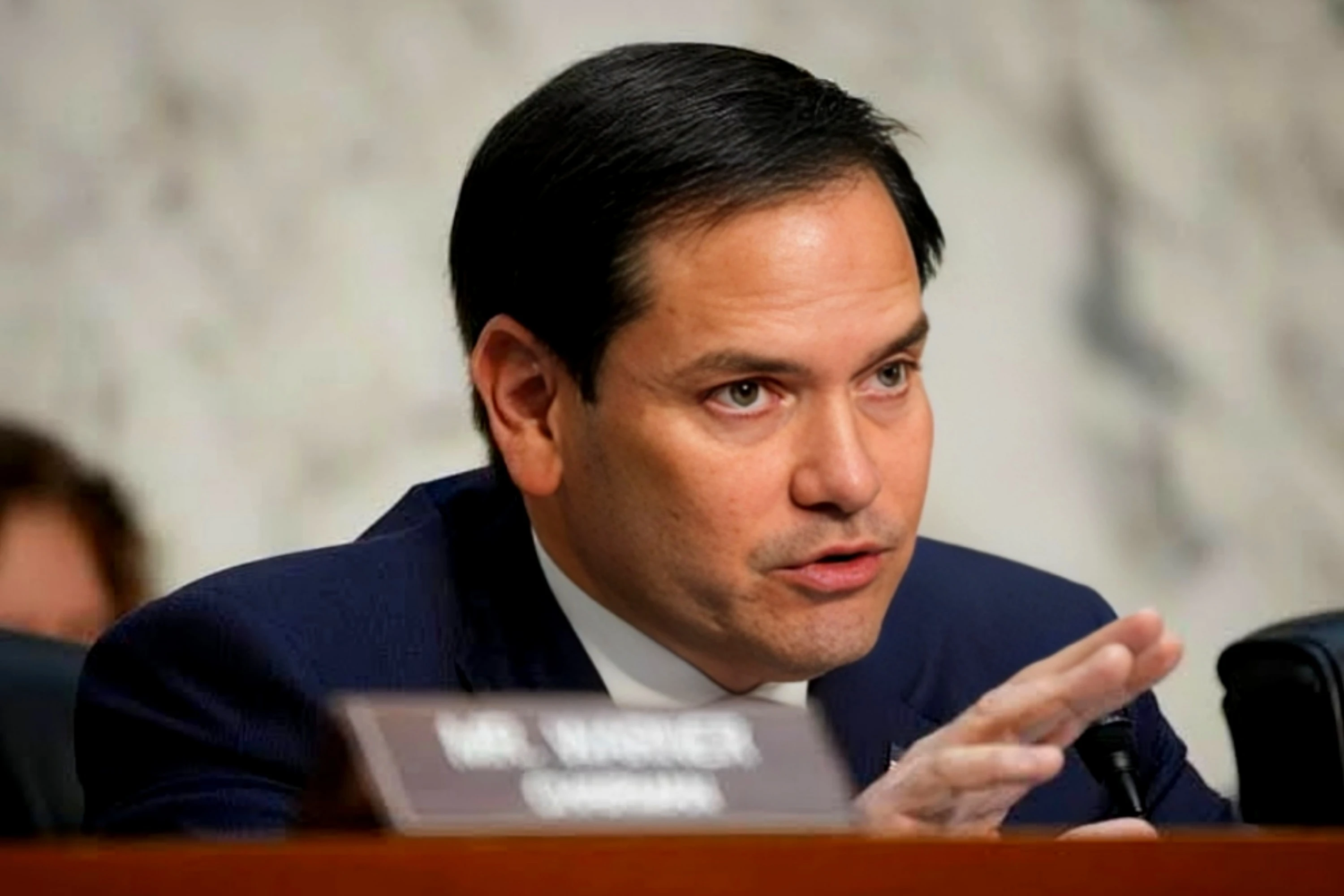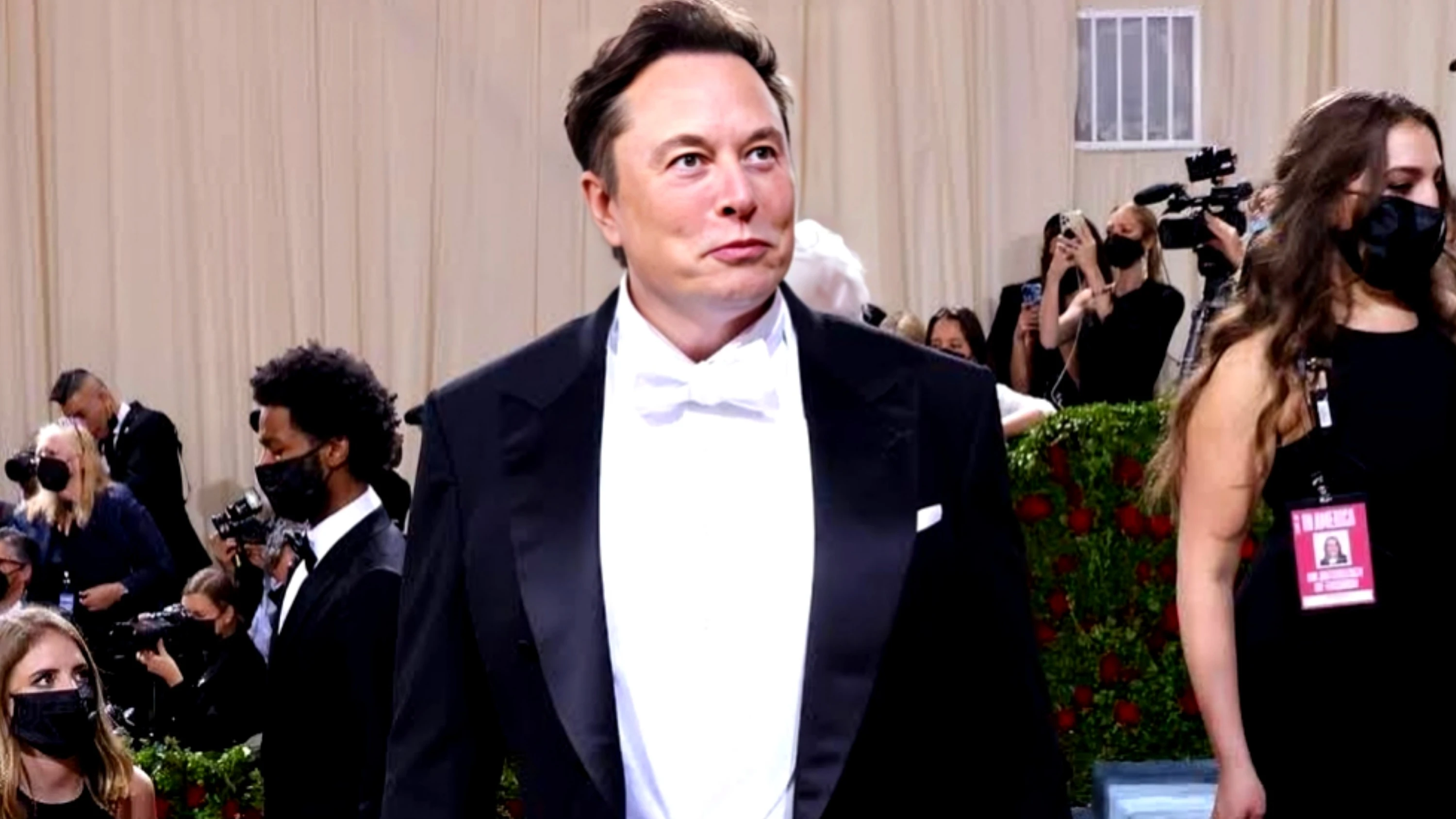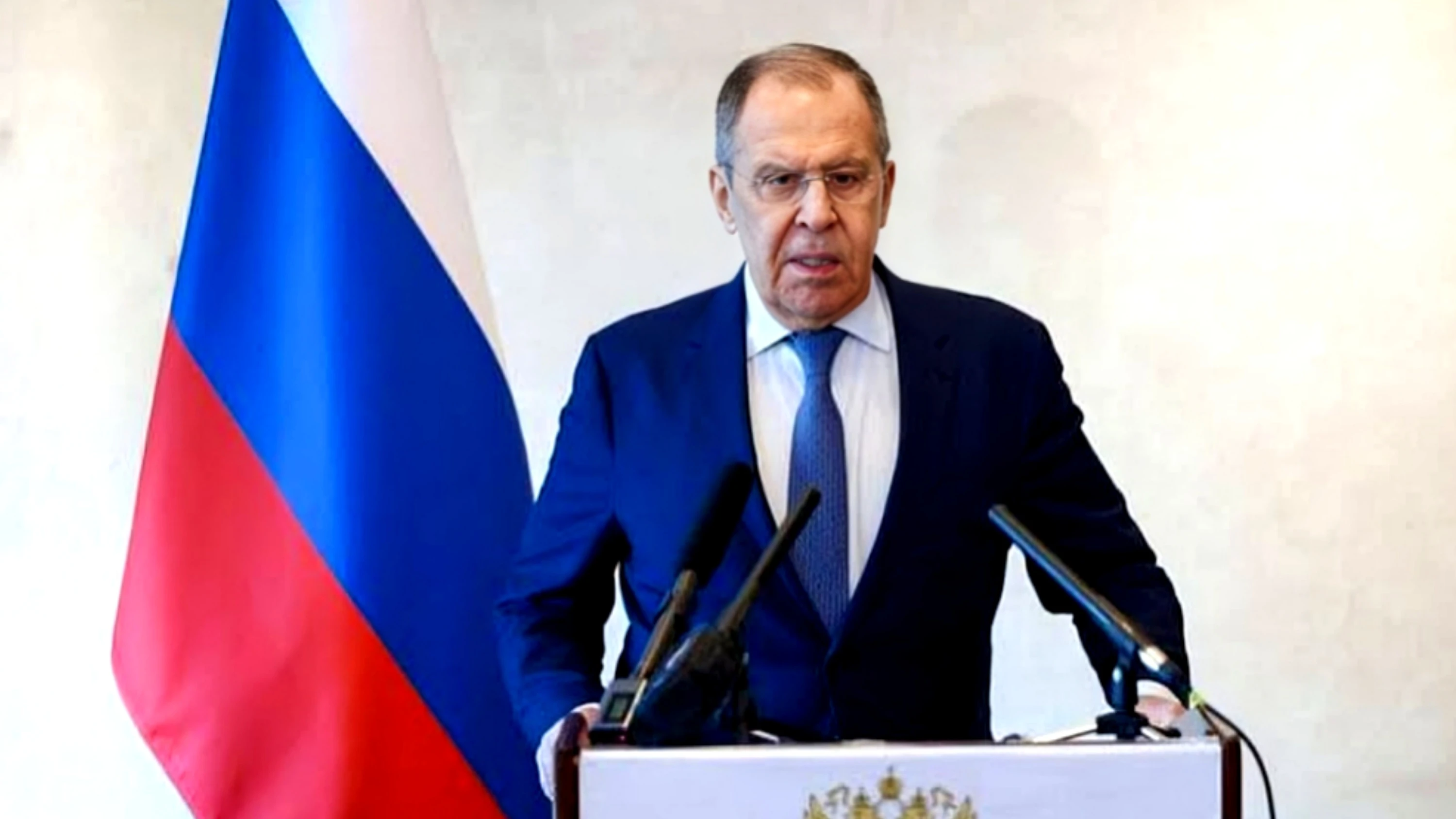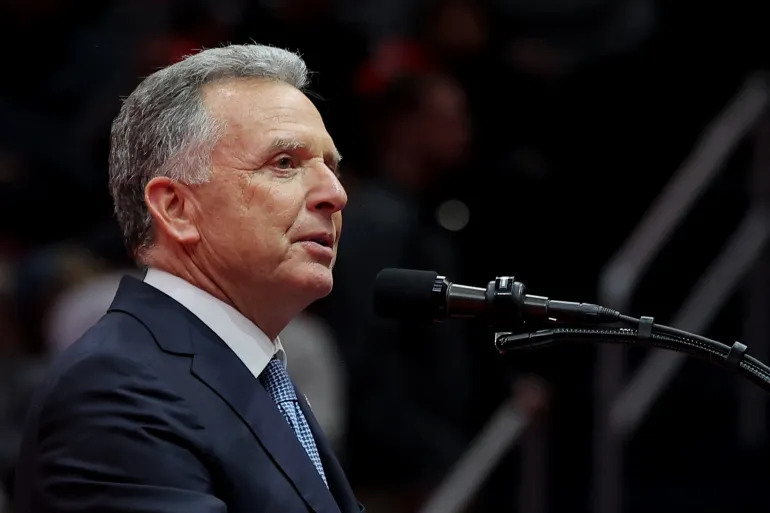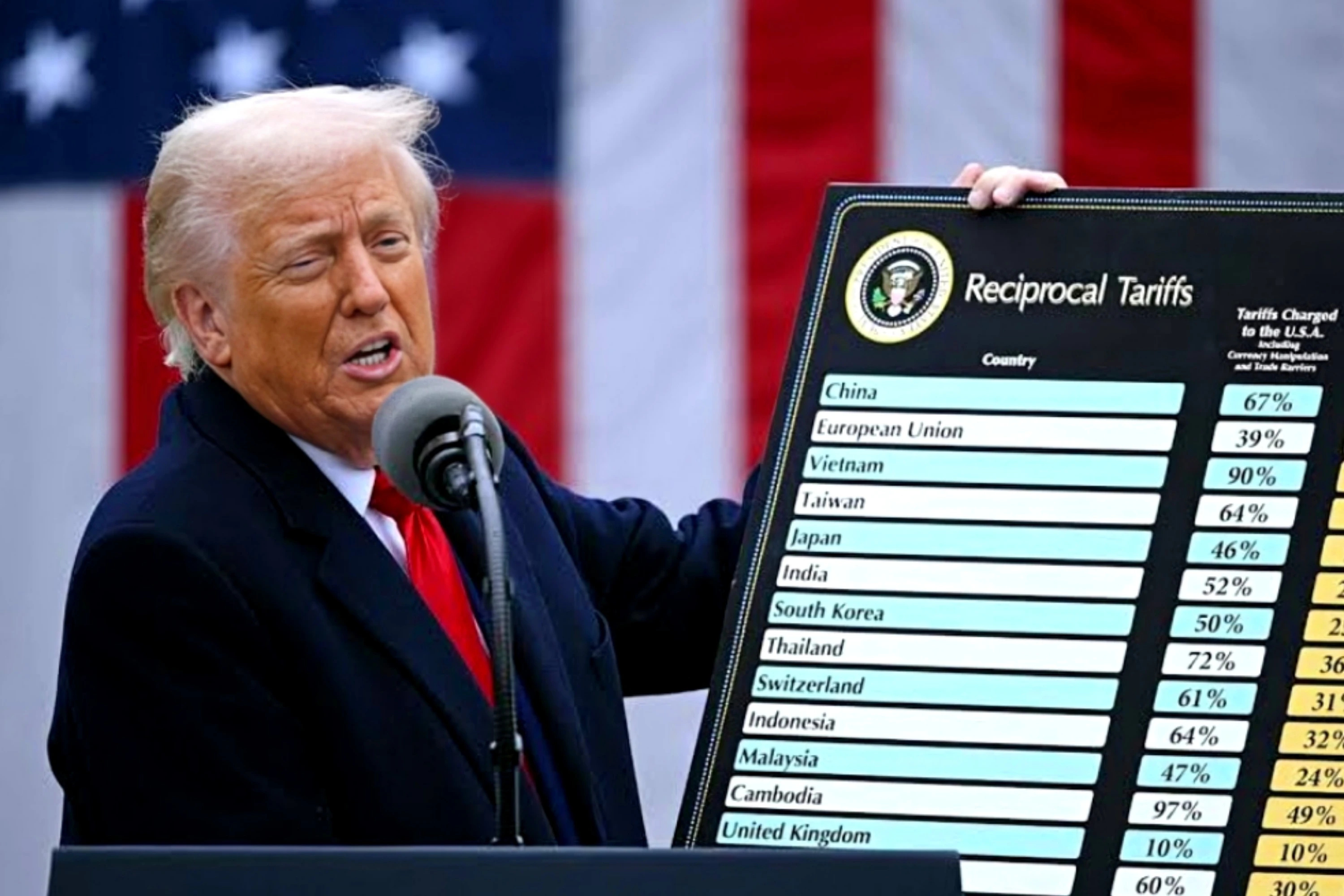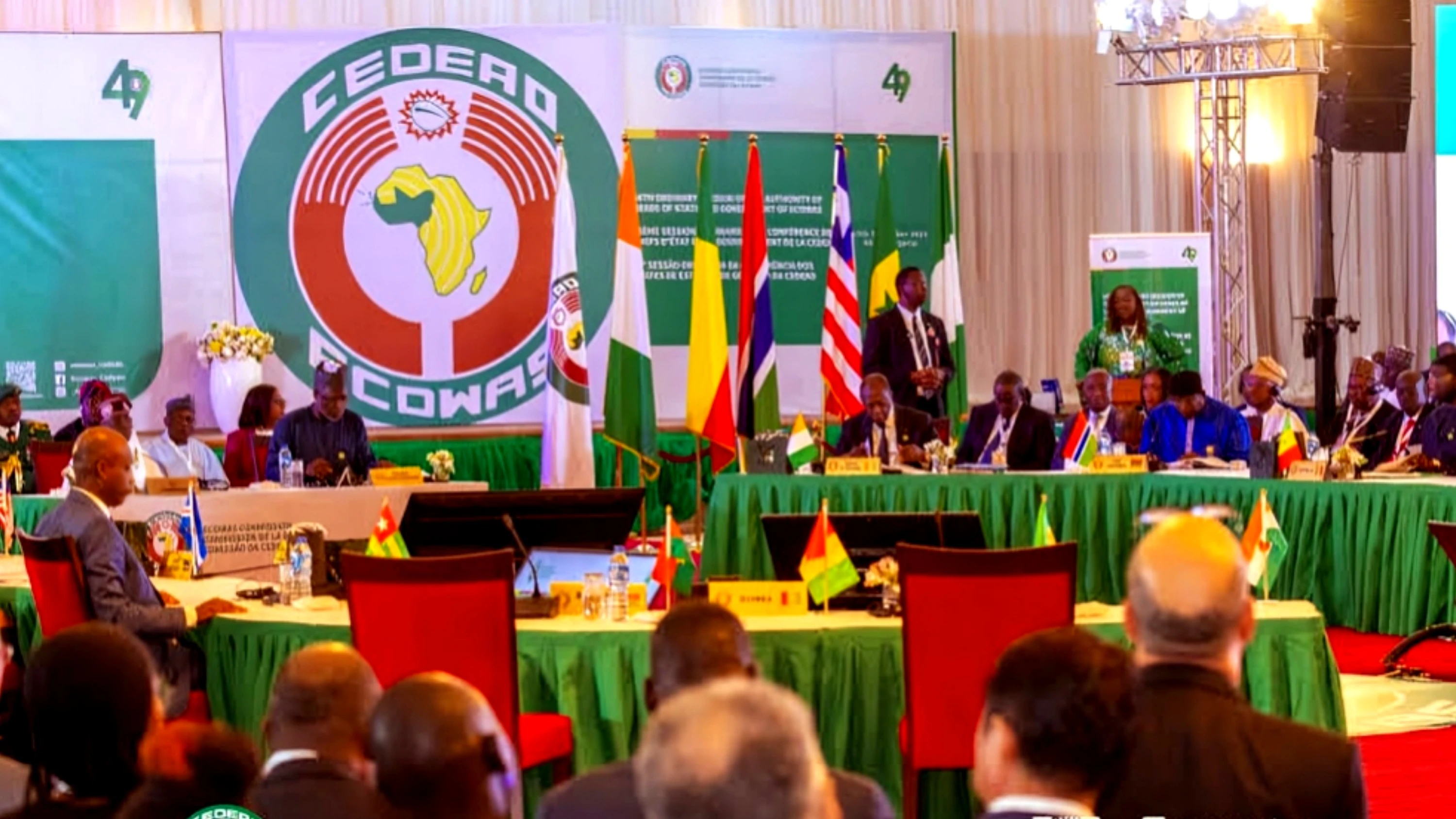Washington: The Trump administration faced criticism this week after officially welcoming 59 white South African refugees to the United States, citing claims of racial discrimination. The move, seen as part of a broader policy shift under Trump’s second term, has drawn backlash from Democrats and created diplomatic tensions with South Africa.
President Trump defended the decision, stating that Afrikaners—descendants of Dutch settlers—were victims of land threats and violence. He went as far as to label the situation a “genocide,” despite offering no supporting evidence and contradicting South Africa’s official stance. Pretoria has consistently denied allegations of systemic violence against whites, calling such claims unfounded and politically charged.
Critics accused the Trump administration of racial bias in refugee admissions, especially given the president’s restrictive stance on refugees from war-torn and famine-stricken regions elsewhere in Africa. Senator Jeanne Shaheen, a senior Democrat, called the prioritization of white South Africans “politically motivated and baffling.”
The Episcopal Church announced it would sever its partnership with the federal government on refugee resettlement over the matter, expressing concern over unequal treatment. "This is a distortion of humanitarian values," wrote Presiding Bishop Sean Rowe in a public letter.
Deputy Secretary of State Christopher Landau greeted the first group of refugees at Dulles Airport, comparing their experience to that of his Jewish father who fled Nazi-occupied Austria. He stopped short of repeating Trump’s genocide claims but highlighted concerns about land expropriation and rural violence targeting white farming families.
South Africa's recent land reform proposals, designed to address racial inequality in land ownership, have alarmed some white citizens but have not yet led to forced expropriations. President Cyril Ramaphosa responded by saying the departing Afrikaners appeared to oppose efforts to reverse apartheid-era injustices and reaffirmed there was no state-sponsored persecution of whites.
The new arrivals will settle in both Democratic and Republican states across the U.S., with more Afrikaners expected to follow. A State Department spokesperson confirmed that the U.S. would continue to accept additional applications under the controversial program.
Since returning to office, Trump has slashed all U.S. aid to South Africa, citing disagreements over its domestic policies and its legal action against Israel at the International Court of Justice. Trump also hinted he might skip a G20 summit in South Africa later this year unless “the situation is addressed.”
Land and wealth remain deeply unequal in South Africa three decades after apartheid. While whites still control a significant portion of land and wealth, Black South Africans face far higher unemployment and economic hardship—a legacy the current government is attempting to confront.



